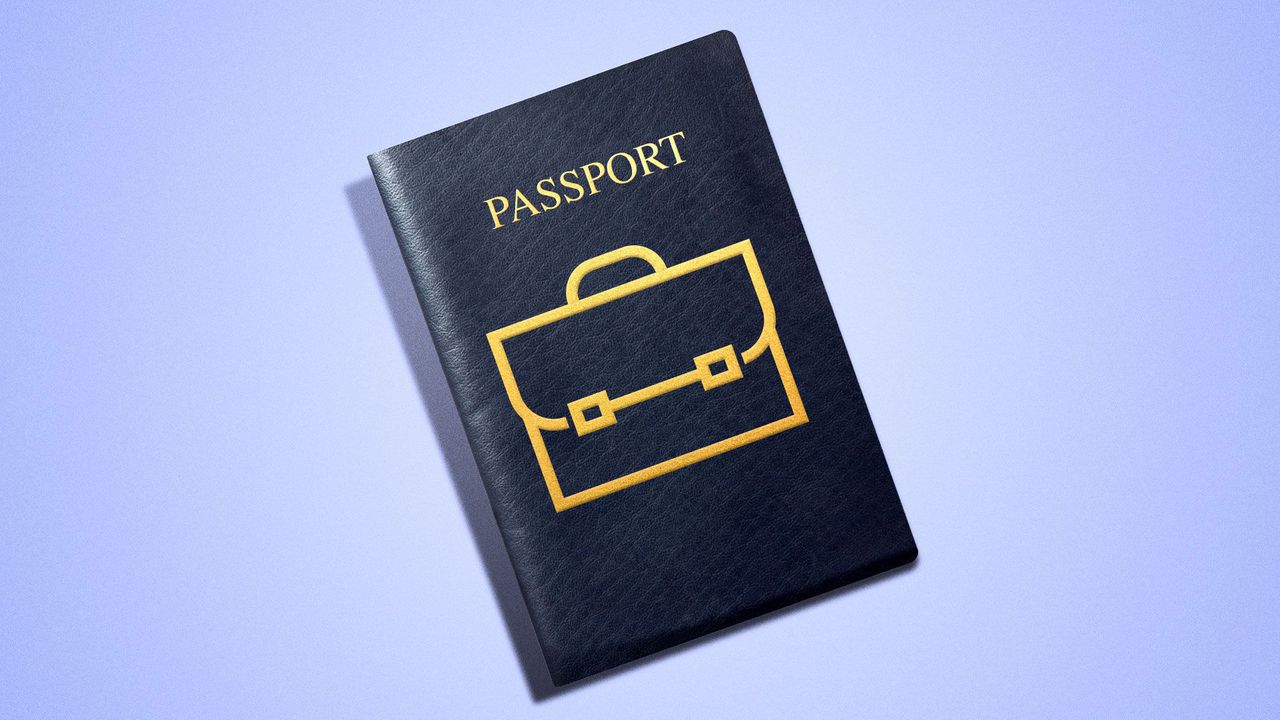Why the decline of business travel matters

Gone are the days of jet-setting for work. Even as we return to offices, the pandemic's effect on business travel will likely last.
Why it matters: The fate of business travel has big ramifications for the economy at large. Its decline could cost millions of jobs, shutter even more small businesses and make your next vacation more expensive.
Driving the news: Business travel will drop by up to 36% in the post-pandemic world, according to a Wall Street Journal analysis that individually examined different categories of travel, like sales, conventions and intra-company meetings.
- Bill Gates is even less optimistic. He recently projected business travel would decline by more than 50%, saying there will be a "very high threshold" for trips now that salespeople, consultants and others have shown that they can do their jobs without traveling. On top of that, cutting business travel saves companies lots of money.
- "Basically, no matter what we do, this pandemic has wiped out a chunk of business travel," says Charlie Leocha, president of Travelers United, a passenger-advocacy organization, and one of the architects of the Journal's analysis. "That is a big problem for the airlines."
The stakes: Business travelers only make up around 10% of airline passengers across the major global carriers, but they account for 55%–75% of revenue because they're typically the ones who spend big on last-minute tickets or book premium seats, the New York Times' Jane Levere reports.
- In 2020, the business travel industry — which encompasses airlines, rental car companies, hotels and more — lost nearly a trillion dollars, according to the Global Business Travel Association, a trade group with around 9,000 members.
- The industry also laid off millions, and many of those jobs will disappear forever as business travel sees a permanent setback.
Fewer business trips will also affect leisure travel. "Airlines losing business traffic is going to change the dynamic for all of us," says Leocha.
- Less choice: Airlines could reduce the number of domestic and international routes.
- Higher fares: With fewer business travelers bringing in revenue, ticket prices could go up for everyone else.
There are some bright spots for the industry. While certain types of business travel — like flying in for meetings with colleagues from other cities — are expected to fall away, other types — ones that drive sales or help secure new clients — will continue in the long run, experts say.
- Steve Black, co-founder at Topia, an HR tech company, tells Axios chief transportation correspondent Joann Muller that he expects an "arms race" in the return to travel for sales teams. "The first time my competitor is in the room pitching, I’m getting on a plane. I guarantee you," he says.
- Singapore's Changi Airport is betting big on the return of travel, including business trips, per Bloomberg. It's adding 840 guest and meeting rooms at a nearby complex and building "glamping" sites for families.
Go deeper: A grim future for business travel